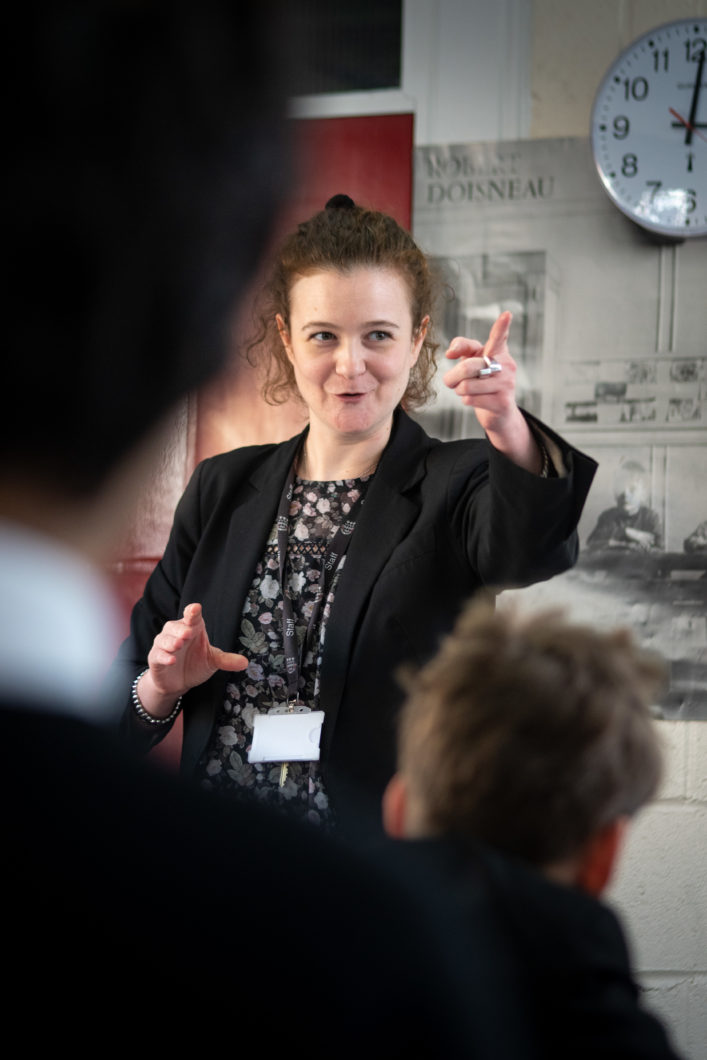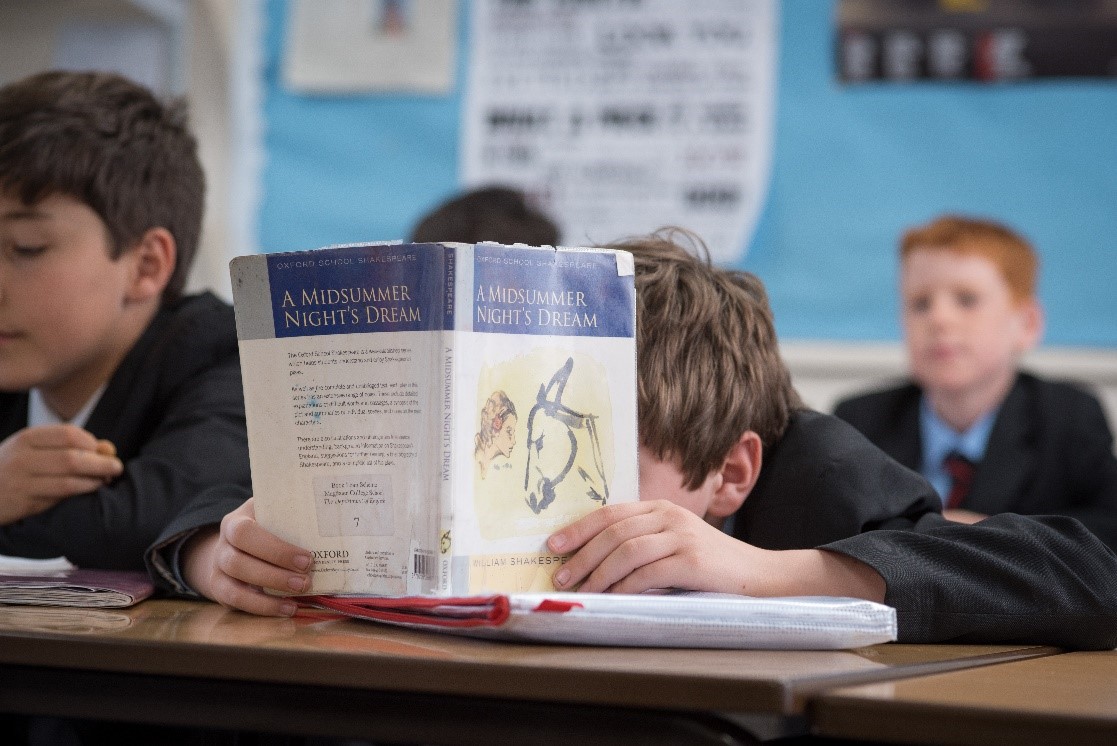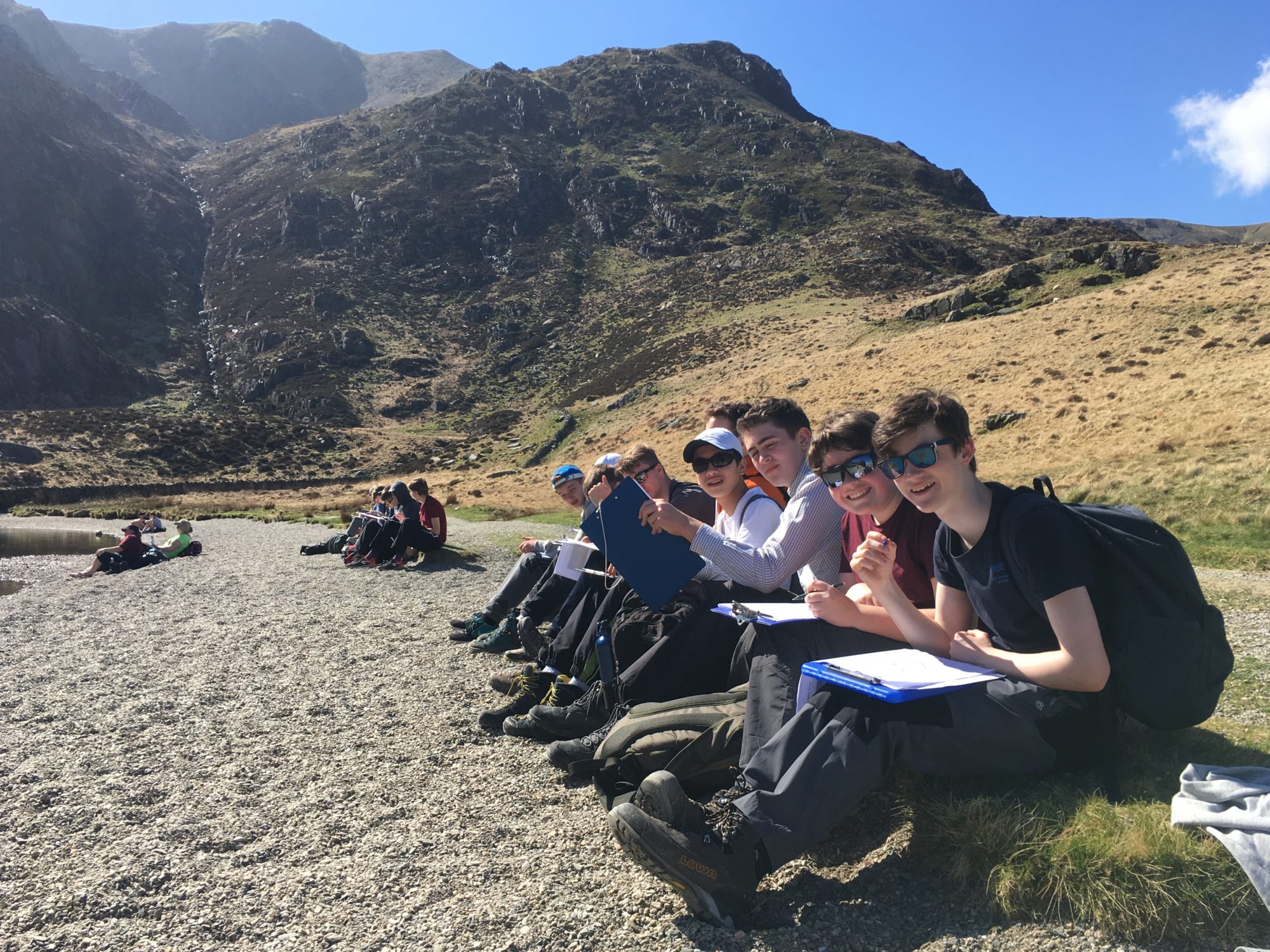French
There has never been a more exciting and critical time to learn French at a time where we need to reach out to our closest European partners on the continent. More than 800 million people speak French across the globe, and the objective in the French department at all levels is to create confident French speakers who can thrive in authentic contexts beyond the classroom.
Indeed, many pupils who continue with French beyond school do so for a number of reasons. They recognise that French is a language for the international job market, and want to enhance their career prospects in key sectors such as commerce, engineering, law or banking.
Other pupils see French as integral to their future careers in diplomacy and international relations, given its status as the official language of leading European institutions. For others, it is France’s rich cultural heritage that particularly appeals to them, with its world-renowned music, art and literature, not to mention the nation’s famed philosophical tradition.
Comment voulez-vous gouverner un pays où il existe 258 variétés de fromage ? - How can anyone govern a nation where there are 258 varieties of cheese ?
Charles de Gaulle
The French department is a diverse department that aims to foster an international outlook and to engage meaningfully with the target language and culture. We encourage pupils to embrace the process of language learning, with solid grammatical foundations just as central to our approach as an immersive, communicative style of learning. Lessons are engaging and fun, stretching yet supportive, and provide pupils with the skills required to succeed at all levels.
Si ton tonton tond ton tonton, ton tonton sera tondu - If your uncle shaves your uncle, your uncle will be shaved
French tongue twister
Lower School
Boys in 2nd and 3rd Form follow an introductory course in French over the course of three lessons per week. As well as learning how to use basic expressions and to communicate in everyday situations, the emphasis is on rapid acquisition of vocabulary using Quizlet, alongside a solid grounding in French grammar. Pupils have the opportunity to hone their acting skills through the use of bespoke playlets drawing on the topic material covered. Creative writing is encouraged just as actively, with script writing, description of pictures or photographs, and short stories a regular task for written homework. Many of these written assignments qualify for inclusion in the annual MFL department magazine.
Middle School
Pupils who choose to learn French in the Middle School embark on an exciting course with an emphasis on real-life communication and grammatical accuracy. Over three years, they will learn how to talk confidently about their everyday experiences and to navigate the modern world of public transport, travel and tourism, and social issues. All four skills (listening, reading, writing and speaking) are given equal emphasis in our teaching though we aim to go well beyond the course content for iGCSE. From L4th-5th Form, pupils will explore French culture through bandes dessinées, short stories such as Petit Nicolas and write film reviews on cult classics such as Bienvenue chez les Cht’is and Intouchables. Pupils also spend time on a research project in 5th Form exploring an area of French culture that particularly interests them. Pupils who take French to iGCSE sit the Edexcel iGCSE 9-1 course.

Sixth Form
Pupils who sign up for French A Level in Lower Sixth from MCS or other schools do so in order to build on the foundations laid at GCSE and to delve deeper into global issues and culture through the target language. A typical week might include a debate about the French brand of secularism, watching a film about the Occupation of France during WWII, and the translation of various English texts into French.
The French A Level course has been designed to inspire all students who have an appreciation of the language, literature, film, and culture of the French-speaking world.
The qualification has a straightforward structure with four engaging themes: Les changements dans la société française; La culture politique et artistique dans les pays francophones; L’immigration et la société multiculturelle française; L’Occupation et la Résistance. What pupils often enjoy most are the films and texts studied, both as part of the course, as well as in seminars with our Waynflete intern. The department creates opportunities for L6th pupils to take a lead with French events via our ambassador programme.
Refer to the Sixth Form Curriculum guide for a more detailed breakdown of the French A Level programme.
Further Inspiration
If you are thinking about studying French in the Sixth Form at MCS, you might want to start reading around the subject before you join. Our Study Preparation guides are a useful tool, detailing further reading around key topics.

Extra-curricular
The French Department at MCS offers a rich and varied extra-curricular programme.
-
- We run regular trips to France, including a bi-annual study trip to Lyon for U4th and 5th Form pupils. Film nights with
- Q&A discussion are a common event in the departmental calendar, as are regular competitions, such as the Stephen Spender competition and Juvenes Translatores, in which pupils have enjoyed success in recent years.
- We offer a number of cultural excursions to London to see a French play or visit an exhibition, and frequently welcome visiting theatre companies from France to entertain Lower School pupils.
- We make the most of our proximity to the University of Oxford, hosting visiting guest speakers from the Modern Languages faculty, as well as visiting the Maison Française to hear experts present on their specialism.
- Pupils may also attend a student theatre production of a seminal work of French drama.
Where French could take you
French is highly valued by leading universities and employers around the world. Many pupils leave MCS to go on to read French at Oxbridge or Russell group universities, either in combination with another language or another discipline. One of the main advantages of pursuing a modern language at undergraduate level is the opportunity to live abroad doing an internship with a company, working as a teacher, or attending a foreign university.
Many OWs with a degree in French go on to work in a diverse range of sectors such as marketing, International Relations, research, law or engineering. We rely on the experience of these OWs to encourage would-be linguists to consider languages at degree level for the doors it has opened for them personally.
 MCS ranks among the top independent secondary schools, and in 2024 was awarded Independent School of the Year for our contribution to social mobility.
MCS ranks among the top independent secondary schools, and in 2024 was awarded Independent School of the Year for our contribution to social mobility.

 28 of our pupils achieved 10 or more 8 or 9 grades in 2024.
28 of our pupils achieved 10 or more 8 or 9 grades in 2024.
 In 2023-24, MCS received over £448,000 in donated funds.
In 2023-24, MCS received over £448,000 in donated funds.

